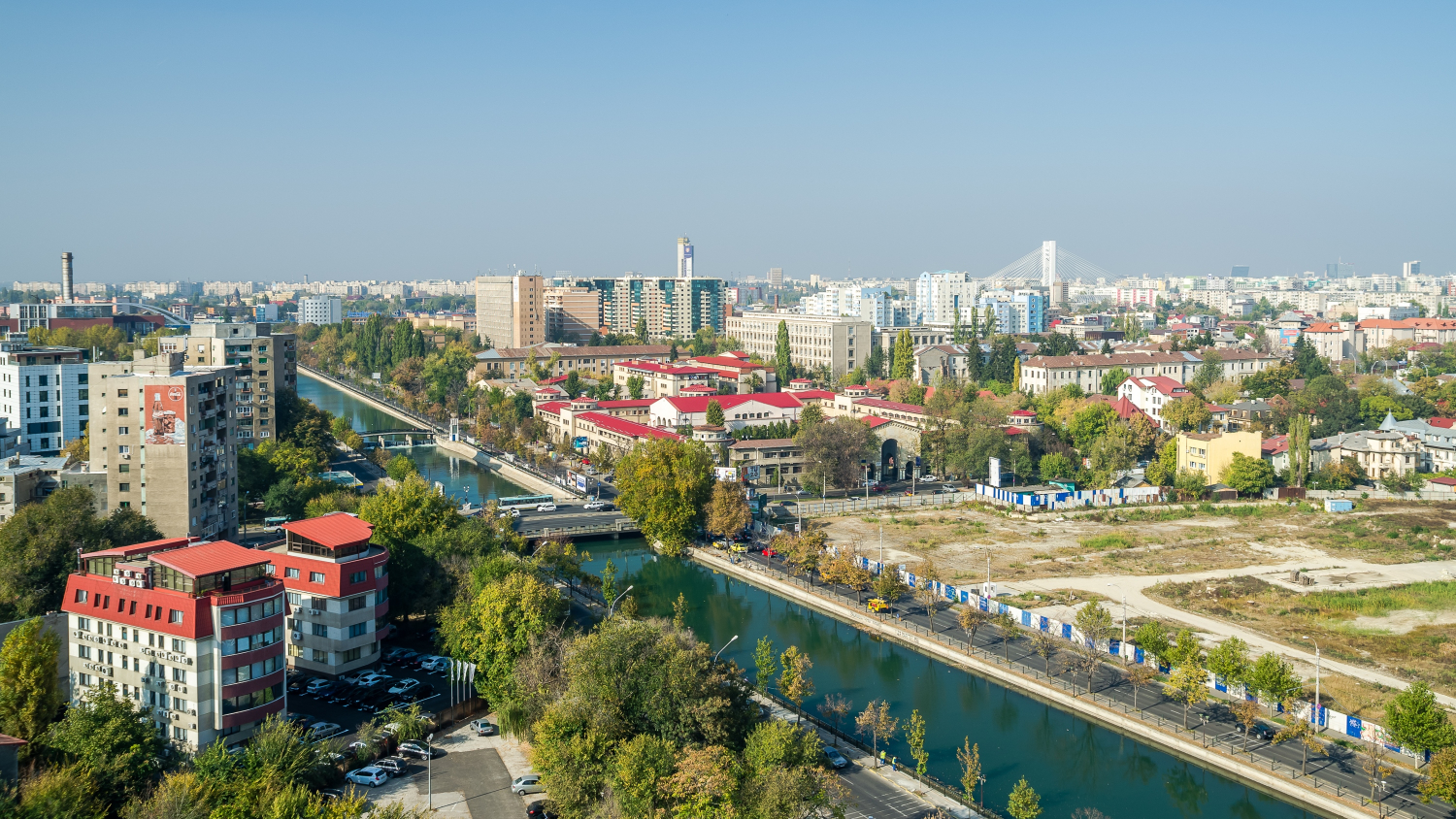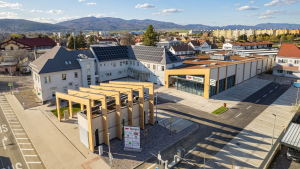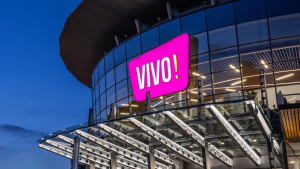
Over 250 buildings and real estate projects in Romania have been certified as ‘green buildings’ after one of the international sustainable schemes, BREEAM, LEED, EDGE and WELL, according to data by green building consultant BuildGreen.
Over 40 office buildings, commercial centres, warehouses, residential projects or factories were sustainable-certified in 2019. The biggest share, approximately 75%, is located in Bucharest, followed by Cluj-Napoca, Timisoara and Brasov.
”The implementation of sustainable principles already became a widespread practice on the real estate market in Romania. We already have office buildings with sophisticated systems that reduce energy consumption and increases occupant comfort, buildings designed to achieve maximum levels of sustainable certification, we are witnessing a greater openness from residential developers towards green certifications and the first sustainable-certified factory. On the other hand, over 95% of the public buildings and the ones delivered prior to 2010 require refurbishing, so there is still much work to be done”, stated Razvan Nica, Managing Director of BuildGreen.
In 2019, BuildGreen was involved in the certification of over 20 real estate projects, including Renault Bucharest Connected, The Bridge, Expo Business Park, Oregon Park, Isho Timisoara, Matei Millo, three new buildings from Coresi Brasov, the new Artic factory from Ulmi or Luxuria Domenii Residence.
2019 also brought the first BREEAM certifications with an Outstanding level, the highest existing at a Global level, for the Lidl and Penny Market stores from Bucharest and Otopeni. Also, Bucharest Business Garden, an office project developed by Vastint, achieved the highest level of rating for American certification LEED scheme. In 2019, Renault Bucharest Connected became the first building in Romania with multiple certifications (BREEAM and EDGE).
BuildGreen’s data show that real estate projects that achieve a high level of sustainable certification will benefit from 25-35% higher energy efficiency on average, with occupant comfort and employee productivity being also higher.
Alternative energy sources, such as geothermal pumps or solar panels, intelligent facades that include sophisticated shading systems designed to reduce energy consumptions but also improve employee comfort, intelligent heating and lighting systems depending on the occupancy level of the buildings and charging stations for electric vehicles are just a few of the technical solutions implemented by developers.
”Sustainability is increasingly widespread in the commercial segment of the real estate market. Specific principles and norms thus became a practice also on the logistics segment and we hope to see more and more ultra-modern factories, with reduced energy consumption and implicitly a lower carbon footprint; we also hope to witness a higher number of certified residential projects in the future. The new 2020 EU regulations stipulate that all newly constructed buildings must have a high level of energy efficiency, a fact that will encourage developers to implement more modern technical solutions, aimed at achieving high energy efficiency”, added Razvan Nica.
BuildGreen was involved to date in the sustainable certification processes of over 200 buildings and real estate projects, with a surface of over 5 million square meters and an overall investment value of over €8 billion. BuildGreen, which was founded by Razvan Nica in 2010 and has two offices, in Bucharest and Prague, was involved in real estate projects across 17 countries: Belgium, Bulgaria, Czech Republic, France, Germany, Hungary, Italy, Lebanon, Poland, Serbia, Slovakia, Spain, Switzerland, Romania, Rusia and United Kindom.



